below is a query I use to get the latest record per serverID unfortunately this query does take endless to process. According to the stackoverflow question below it should be a very fast solution. Is there any way to speed up this query or do I have to split it up? (first get all serverIDs than get the last record for each server)
Retrieving the last record in each group
SELECT s1.performance, s1.playersOnline, s1.serverID, s.name, m.modpack, m.color
FROM stats_server s1
LEFT JOIN stats_server s2
ON (s1.serverID = s2.serverID AND s1.id < s2.id)
INNER JOIN server s
ON s1.serverID=s.id
INNER JOIN modpack m
ON s.modpack=m.id
WHERE s2.id IS NULL
ORDER BY m.id
15 rows in set (34.73 sec)
Explain:
+------+-------------+-------+------+---------------+------+---------+------+------+----------+------------------+
| id | select_type | table | type | possible_keys | key | key_len | ref | rows | filtered | Extra |
+------+-------------+-------+------+---------------+------+---------+------+------+----------+------------------+
| 1 | SIMPLE | NULL | NULL | NULL | NULL | NULL | NULL | NULL | NULL | Impossible WHERE |
+------+-------------+-------+------+---------------+------+---------+------+------+----------+------------------+
1 row in set, 1 warning (0.00 sec)
Sample Output:
+-------------+---------------+----------+---------------+-------------------------+--------+
| performance | playersOnline | serverID | name | modpack | color |
+-------------+---------------+----------+---------------+-------------------------+--------+
| 99 | 18 | 15 | hub | Lobby | AAAAAA |
| 98 | 12 | 10 | horizons | Horizons | AA00AA |
| 97 | 6 | 11 | m_lobby | Monster | AA0000 |
| 99 | 1 | 12 | m_north | Monster | AA0000 |
| 86 | 10 | 13 | m_south | Monster | AA0000 |
| 87 | 17 | 14 | m_east | Monster | AA0000 |
| 98 | 10 | 16 | m_west | Monster | AA0000 |
| 84 | 7 | 5 | tppi | Test Pack Please Ignore | 55FFFF |
| 95 | 15 | 6 | agrarian_plus | Agrarian Skies | 00AA00 |
| 98 | 23 | 7 | agrarian2 | Agrarian Skies | 00AA00 |
| 74 | 18 | 9 | agrarian | Agrarian Skies | 00AA00 |
| 97 | 37 | 17 | agrarian3 | Agrarian Skies | 00AA00 |
| 99 | 17 | 3 | bteam_pvp | Attack of the B-Team | FFAA00 |
| 73 | 44 | 8 | bteam_pve | Attack of the B-Team | FFAA00 |
| 93 | 11 | 4 | crackpack | Crackpack | EFEFEF |
+-------------+---------------+----------+---------------+-------------------------+--------+
15 rows in set (38.49 sec)
Sample Data:
http://www.mediafire.com/download/n0blj1io0c503ig/mym_bridge.sql.bz2
 And here is a fast query using
And here is a fast query using 